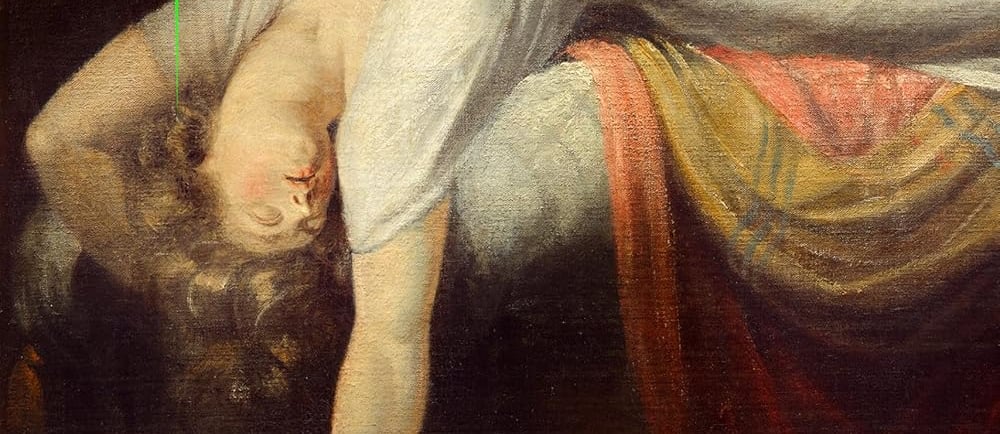Book Review: Hungerstone by Kat Dunn
Review of the novel: Hungerstone, by Kat Dunn.
10/5/20253 min read


The novel begins with a woman on her period. I'm hooked already. I've reflected before why more menstruation is not mentioned in novels about women, and here I'm confronted with a scene that describes a moment that mars and elevates womanhood: "It starts with blood," the first chapter begins. The protagonist's matter-of-fact dispensation of the mess and reflection on its nuisance is quickly replaced with a brief scare in the dark. But it's followed up with something much more scary: "To be a woman is a horror I can little comprehend."
Dunn has a way with words that instantly captured me in her snare. "...instead I furl myself in the quilt like an oyster in its shell with no pearl to show for the grit that works through it." It is a beautiful reflection on being barren in a world that overvalues a woman's ability to rear children.
Early in the novel, you get a sense that the protagonist, Lenore, and her husband share a dirty secret, one that is kept from the reader until the mid-point. My mouth hung open upon reveal. It's juicy. The secret of the married couple is revealed to the reader all while Lenore discovers things about her situation and even more jarringly, she admits truths about her own psyche that she fears were always there, simmering under the surface.
Dunn employs metaphor that I interpret as the following: the deteriorating house in the moors that Lenore is charged with sprucing up is a metaphor for how society, and the women who power it, decorates with roses, the giant heaping mess that is matrimony. The mysterious stranger named Carmilla is a metaphor for the transgressive, petulant voice in a woman's head that pouts when you ignore her calls for self-satisfaction, agency, and respect for oneself. Lenore's delicate friend Cora is a metaphor for impossible female standards, standards that create an easy victim in the woman foolish enough to strive for, less obtain, those standards.
You cannot hate Cora, women understand the desire to conform is akin to the pull of the ocean's undertow. And you cannot hate Carmilla. In fact, you love Carmilla, despite the unease she inspires. She's captivating from the first moment she (or something?) appears in Lenore's life. You root for Carmilla's influence to push Lenore over the edge, all while hiding behind your fingers, watching disaster marching towards a protagonist you haven't quite learned to love yet.
I think you will love her by the end of the novel. While she is quite stubborn in her efforts to fix up her old country estate (i.e. keep up the illusion of security despite the relentless rot of her marriage), Carmilla wears her down. A dysfunctional tutor-student relationship ensues. Everything that Lenore had attempted to keep together with the glue of her acquiescence starts falling apart as Carmilla teaches her how to want again, how to hunger. The author creeps us closer and closer towards a hunting party that has been on the social calendar for quite some time. Dunn builds suspense masterfully through the psychological transformation that we know is required for a noblewoman of that time to betray her husband.
While the novel takes place in the 19th century, so much is familiar to me as a woman of the 21st century: men's dismissal of women's rage and desire; a woman's need to bend and shift with the changing circumstances, to accommodate everyone in the room except for themselves; a man, desperate for status, willing to use a woman as a tool to get what he wants.
The beautiful prose winds a vampire tale where instead of binding the victim to the doom of hunger for blood, the victim here is liberated from denying their own hunger for...everything. The reclamation of one's own desires and agency is a story only some women get the luxury to live, so for most this story should prove cathartic. Dunn addresses the uncomfortable truth that the frailest of men among us see women who dare to desire as monsters. Because: "What is a monster but a creature of agency?"
